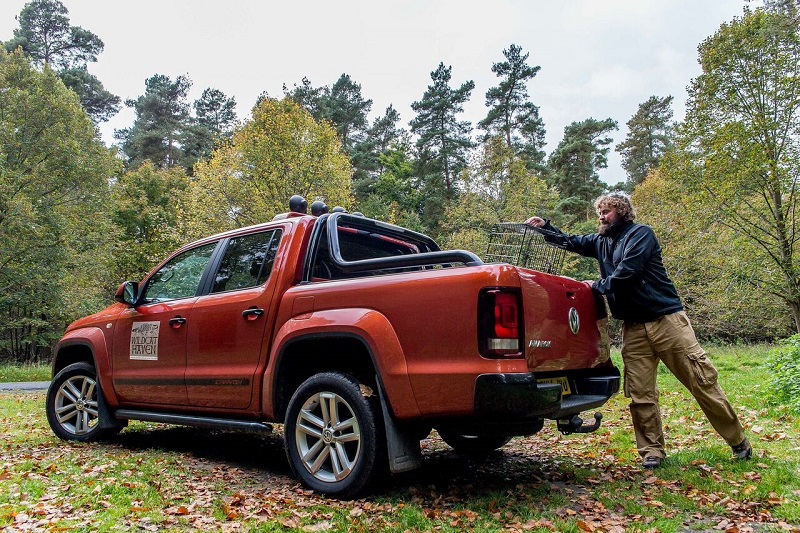CAR leasing has a number of advantages over buying, although the UK has been slow to realise it. Recognising that the length of your lease affects costs, drivers can benefit from both the latest brand new models or cheaper used ones.
It’s easy to swap between models if you get bored or need to change; and there is not the hassle of selling at the end of the term.
These benefits are not only excellent for individual motorists, but also for companies with several vehicles or even fleets.
Leasing is also known as Personal Contract Hire, and refers to an arrangement where one rents out a car for a few years at a fixed monthly price to be handed back at the end of the period.
As with any rental agreement this means that you don’t get to keep anything at the end of the agreement, and that ‘dead money’ arrangement is what will put some people off.
A third alternative is to get the car on a loan arrangement, although monthly payments are likely to be higher than lease payments.
Leases can last for years or a matter of months, and the length of duration is important because the price can alter. Not owning the vehicle means that the driver or business will not be affected by depreciating costs, and instead these costs remain with the owner of the car – the leasing company.
And as we all know, vehicles of any kind can depreciate dramatically the moment they leave the forecourt, so there is a case for not suffering that frustration and instead leaving it with the owner.
As that depreciation continues over a spell of several years, parallel to the term of the lease, then so the lease payments make up the difference (taking account of any profit). This explains why even luxury vehicles are relatively cheap to lease, because they do not depreciate as much as other marques.
It also explains another factor that can affect the lease costs – the number of miles driven.
A typical arrangement of say, 10,000 miles, is usually part of the initial agreement. The more miles a vehicle travels the more its value depreciates, which is why financial penalties for going over the agreed limit can be severe, while low-mile leases can be very cheap.
Companies that use fleets of vehicles might be able to take advantage of these low prices from firms such as LeaseVan.co.uk, knowing that they will not be punished by market fluctuations. Of course, the danger is that lease companies could pass on these fluctuations to customers, as Fleet Operations CEO Ross Jackson explained.
Taking these and other factors into account, including rises in fuel costs and road tax, requires strict planning in regard to mileage. Some people or companies deliberately take over the remaining terms of other contracts because of the attraction of the low prices, and savvy knowledge of the way leasing works is key if you want to save costs.
Remember the ‘drive off’ initial fee – a driver might be attracted by low monthly payments only to be stung by this – and do not be tempted to go for any long-term lease that needs a pricey extended warranty as an accompaniment.
Weigh up the lease agreements pros and cons and calculate whether the value of the arrangement benefits you – even though you do not own the vehicle at the end, you might be surprised at the answer.







Leave A Comment